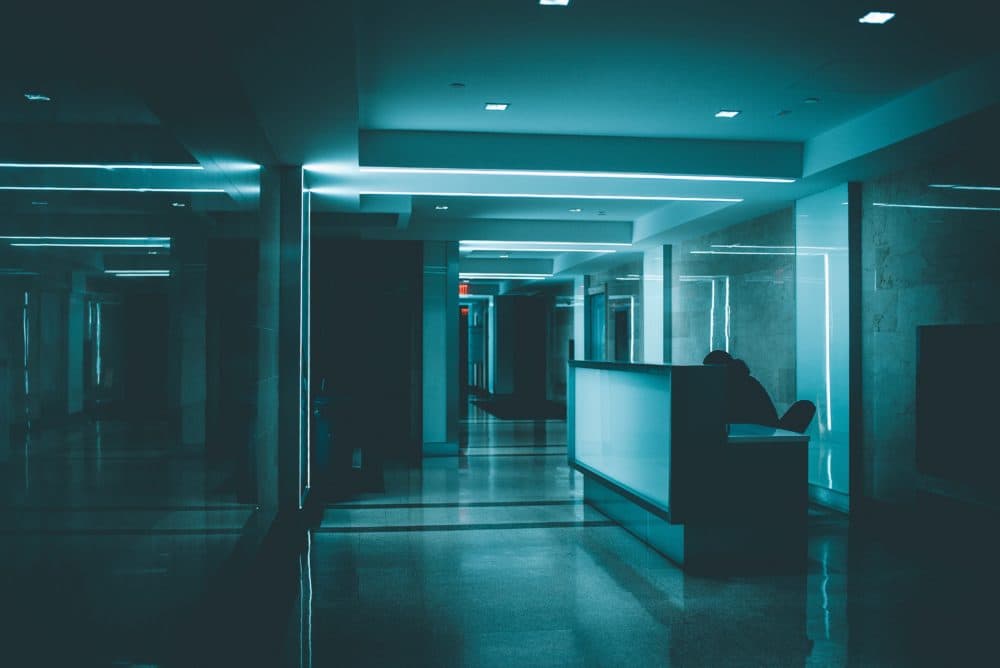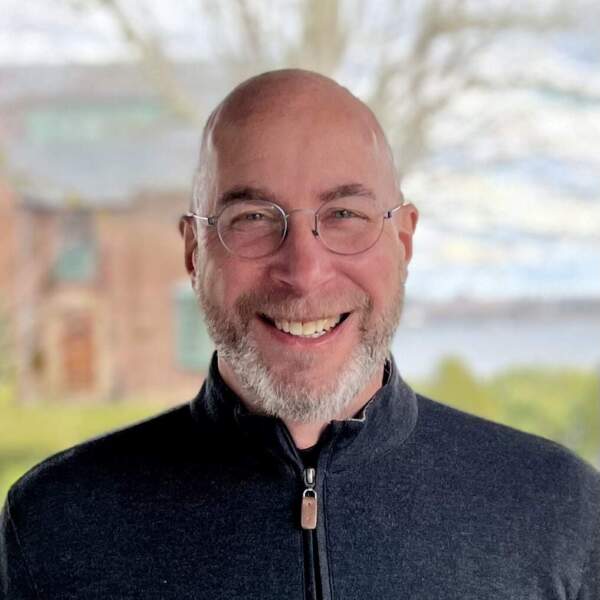Advertisement
Commentary
When Loneliness Is An Emergency

Iona Potatov is a broken and lonely cabman reeling from sorrow. Earlier in the week, his son fell suddenly ill and died. If Iona came to the hospital, his chief complaint on his emergency room chart might read: “To whom shall I tell my grief?”
Iona is the protagonist in Anton Chekhov’s 1886 short story “Misery,” but his experience of anguish, his private and overwhelming despair, is often at the heart of what ails many of my ER patients. I reread “Misery” often — shorter than most articles in medical journals, it’s arguably more clinically significant. The reader is taken on an interior journey into one man’s distress, where the pressure of Iona’s loneliness is palpable and his hunger for connection raw.
“To whom shall I tell my grief?” may sound strange to our ears. But when the answer is, “No one,” it cuts across time and place and feels achingly modern.
Like Iona, many of my patients suffer for want of what Maslow considered the most basic of needs — warmth, food, shelter, security and a sense of connection.
We find Iona at twilight, grief-ridden and trying to work. Business is slow. Snowflakes swirl about the streetlamps and cover his body. When he finds passengers, he strains to talk about his dead son. Only, he doesn’t find a sympathetic ear. He endures indifference, insults and even a cruel thwack on the back of his neck. The streets are crowded with people. And yet, not a single person can be bothered to hear about his misery that’s “immense, beyond all bounds.”
I reread “Misery” often -- shorter than most articles in medical journals, it’s arguably more clinically significant.
Over a third of older Americans report feeling lonely — and isolation is associated with a range of long-term health consequences, including functional decline and an increased risk for heart disease and stroke. A review found that individuals without meaningful social relationships are twice as likely to die. Loneliness counts as a growing public health problem.
It’s hard to admit to loneliness. If there’s a modern telling of this story, and Iona Potatov presents to the emergency department because he has nowhere else to turn to, would he feel embarrassed, even ashamed? Would pride force him to seek refuge behind physical complaints like chest pain, weakness, dizziness or not eating?
There are times, especially when I’m working overnight shifts, when decision-making first requires a broader interpretation of what symptoms mean. Does chest pain imply pain in the chest, raising concerns for a heart attack, for example? Or does it veil other needs, such as a warm bed, relief from the streets, a reprieve from stressful living situations, or a yearning to speak about the death of their son.
Advertisement
I’d like to believe that if Iona, or someone like him, arrives in the ER, he’d find providers to talk “properly, with deliberation.” But there’s a chance he might leave as profoundly disappointed in my response as he was in the others.
Caring for many sick and injured patients simultaneously mean there are moments when I’m a less compassionate version of myself. Emergency departments shoulder the acute care burden for insured and uninsured populations, including serving as the hub for complex diagnostic work-ups for patients with multiple complicated medical problems. Add the scarcity of time, the cruelty of electronic medical records, and the inefficiencies of a broken healthcare system. Then factor in the personal demands on healthcare providers, including physical fatigue and emotional exhaustion, hunger and that bulging bladder because running to the bathroom requires time you don’t have.
If Iona sat before me in a hospital gown and his story unfolded slowly or took detours, would I patiently wait to learn that if his “heart were to burst and his misery to flow out, it would flood the whole world.” Or, would I interrupt him, as one study found, at around 23 seconds? This isn’t a theoretical question. Stories are at the heart of emergency care. The linguistic lineage of the word “emergency” dates back to the Latin word emergentia, which means “to bring to light.”
But ERs hear stories of lives troubled by unimaginable scales of misfortune. When a patient’s anguish far exceeds my capacity to help, it produces a despair in me that, in a subconscious move of self-protection, might distance the very patients I need to draw closer to.
When Iona returns with his little mare to his lodging, a flophouse, he finds snoring men strewn about the floors and benches, but not a single person willing to listen to him. He wants – he needs — to talk about how his son fell ill, how he suffered, his last words, Iona’s trip to the hospital to collect his son’s clothes.
Loneliness counts as a growing public health problem.
At the story’s end, Iona puts on his coat and visits his mare in the stables. Watching her munch on hay — he hadn’t earned enough that evening to buy her oats — Iona opens his heart.
“Now, suppose you had a little colt, and were mother to that little colt ... And all at once that same little colt went and died ... You'd be sorry, wouldn't you?”
Chekhov ends the story with the mare munching, listening and breathing on her master’s hand. The mare knows to breathe on Iona’s hands.
Dr. John Lantos wrote how we see ourselves more easily in stories. “We need to learn not just what we ought to aspire to, but how easy it is to fail to reach those aspirations." What Iona needs is what many patients crave as well, not necessarily medical expertise and technology, but recognition, dignity and the warmth of a fellow human. If Iona should come to the ER one night and ask, “To whom shall I tell my grief?” I must close the curtain, pull up a chair, and say, “Me. I’m here. I’m all yours.”
Editor's note: A slightly different version of this piece was originally posted in Vital, a health humanities magazine. It was reposted with permission.
